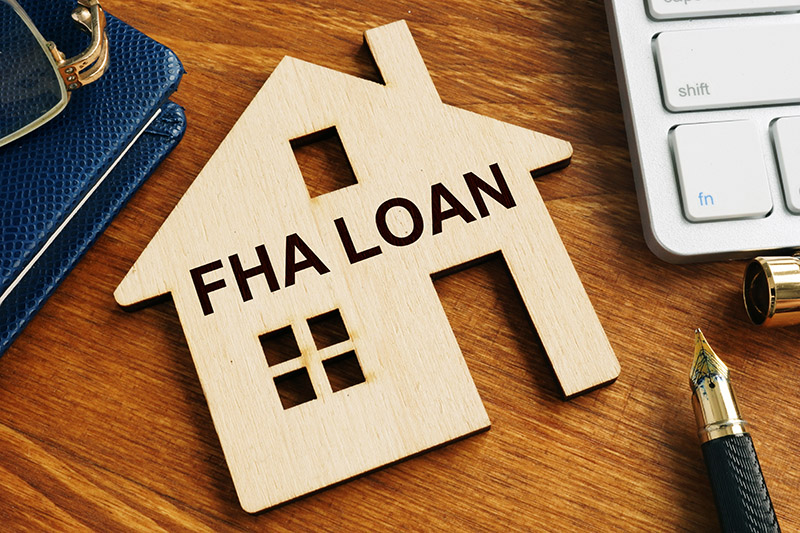What is an FHA Loan?
| October 03 2024
| Published by MSJ Mortgage

When it comes to home financing, understanding your options is crucial. One popular choice for many first-time homebuyers is the Federal Housing Administration (FHA) loan. But what exactly is an FHA loan, and how does it work? Here’s a comprehensive overview.
An FHA loan is a mortgage insured by the Federal Housing Administration, a government agency established in 1934. Designed to help low to moderate-income individuals and families qualify for home financing, FHA loans have become a popular choice due to their flexible lending criteria and lower down payment requirements.
Key Features of FHA Loans
1. Lower Down Payments: FHA loans allow for down payments as low as 3.5% of the purchase price. This is significantly lower than the conventional loan requirement, which often ranges from 5% to 20%.
2. Flexible Credit Requirements: FHA loans are more forgiving when it comes to credit scores. Borrowers with credit scores as low as 580 can qualify for the 3.5% down payment option. Those with scores between 500 and 579 may still qualify but would need to make a 10% down payment.
3. Debt-to-Income Ratio: FHA guidelines typically allow a higher debt-to-income (DTI) ratio, which means you can qualify for a loan even if a significant portion of your income goes toward existing debts.
4. Mortgage Insurance Premium (MIP): FHA loans require both an upfront mortgage insurance premium (UFMIP) and monthly mortgage insurance premiums. While this adds to the overall cost, it protects lenders in case of default.
5. Loan Limits: FHA loans have maximum loan limits that vary by region, ensuring that they remain accessible to borrowers in different housing markets.
Accessibility: FHA loans are ideal for first-time homebuyers or those with limited savings, as they provide a pathway to homeownership that might otherwise be unattainable.
Refinancing Options: FHA loans offer streamlined refinancing options, allowing homeowners to take advantage of lower interest rates without the typical paperwork involved in conventional refinancing.
Considerations and Drawbacks:
Loan Limits:
Mortgage Insurance Costs: The requirement for MIP can increase your monthly payments, making FHA loans more expensive over time compared to conventional loans without mortgage insurance.
Property Standards: Homes purchased with FHA loans must meet certain safety and habitability standards. This can limit your choices if you're considering properties that may require significant repairs.
Loan Limits: FHA loan limits can restrict buyers in high-cost areas, where the maximum allowable amount may not be sufficient for purchasing a home.
Conclusion:
An FHA loan can be a great option for many homebuyers, especially those with lower credit scores or limited savings for a down payment. Understanding the terms, benefits, and potential drawbacks is essential in determining if an FHA loan aligns with your financial goals. If you’re considering purchasing a home, consulting with a mortgage professional can help you navigate the complexities of the FHA loan process and find the right fit for your needs.